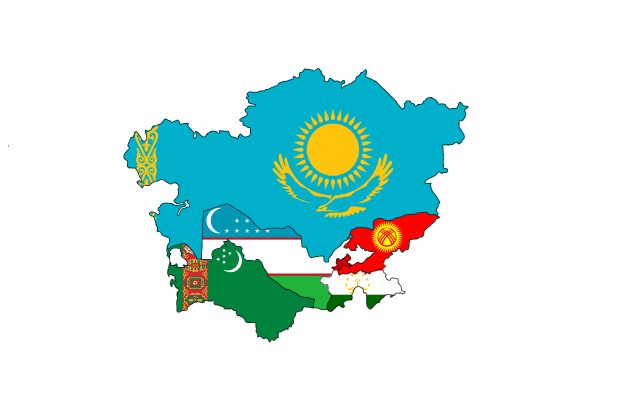
In connection with the 30th anniversary of the establishment of diplomatic relations between China and the five Central Asian states, the Minister of Foreign Affairs of the People’s Republic of China, Wang Yi, confirmed Beijing’s commitment and strategy in Central Asia and the Chinese desire to expand further cooperation and partnership in the region.
According to Wang Yi’s words, over 30 years, China and the Central Asian republics of Kazakhstan, Kyrgyzstan, Tajikistan, Turkmenistan, and Uzbekistan have established a new model of political relations and have transformed border issues into bonds of friendship and bridge of cooperation.
Although the parties have reached undoubted successes in different spheres, Wang Yi stressed the necessity of expanding further cooperation and raising mutual relations to new heights among Beijing and the Central Asian states to guarantee regional cooperation and cohesion and avoid any possible threat and problem. In this framework, the Chinese foreign affairs minister suggested that China and the Central Asian republics should:
- build strong strategic mutual trust
- promote mutually beneficial and open collaboration
- deepen traditional good-neighbourliness and friendship
- ensure lasting peace and security in the region
- promote the formation of the architectonics of fair international cooperation
Wang Yi’s statement about Central Asia confirms Beijing’s commitment to the region and the Chinese desire to become the leading actor in the local dynamics promoting the Belt and Road Initiative and investing financial funds in regional infrastructural projects.
Undeniably, China is hugely involved in Central Asian economies. During the past decade, Beijing has overcome Russian economic and investment presence in Moscow’s blizhnee zarubezhe (near abroad) and lebensraum (vital space). Even though both Moscow and Beijing have several times expressed their cooperation in Central Asia on several issues and have promoted broader Eurasian collaboration, the two parties might collide in Central Asia, mainly after China started promoting military presence in the region, as confirmed by the opening of Chinese military base in Tajikistan (Chinese military base in Tajikistan: regional implications, Geopolitical Report 2785-2598 Volume 12 Issue 13).



